
How to cook with herbs
ASSOCIATED PRODUCTS
Basil
5.0 / 5.0
(1) 1 total reviews
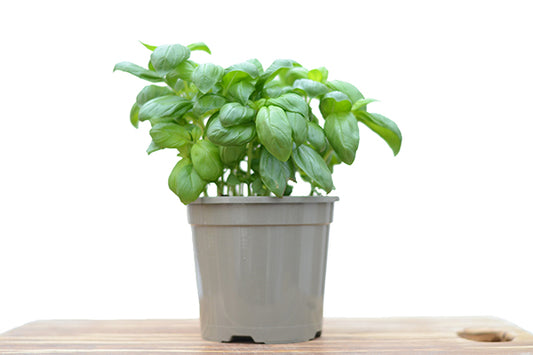
Chives
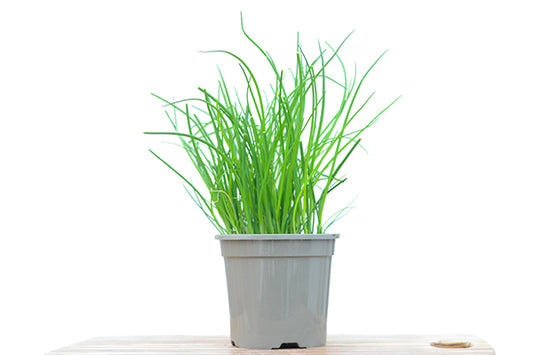
Coriander
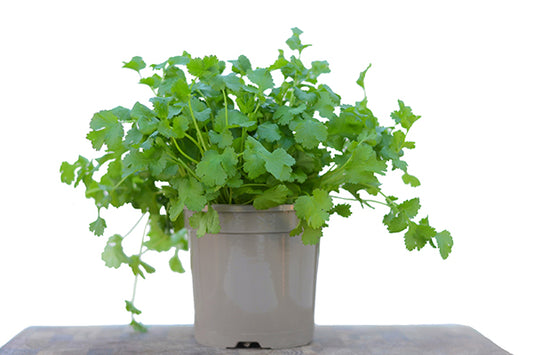
Mint
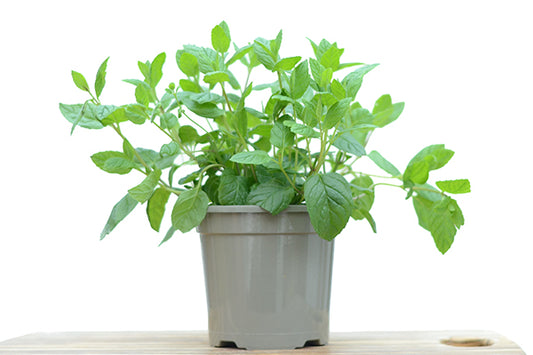
Oregano
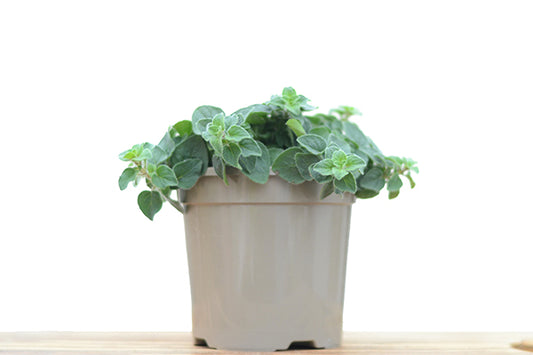
Parsley
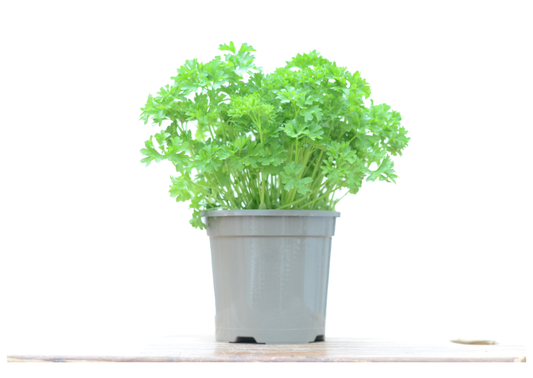
Rosemary
5.0 / 5.0
(1) 1 total reviews
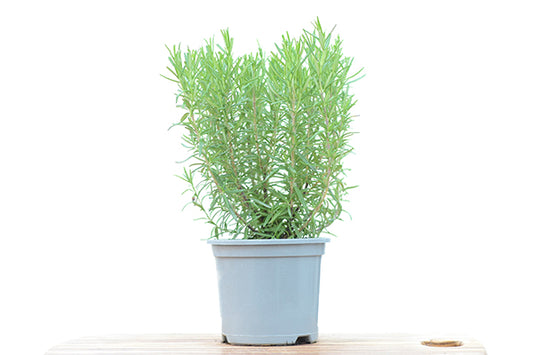
Sage
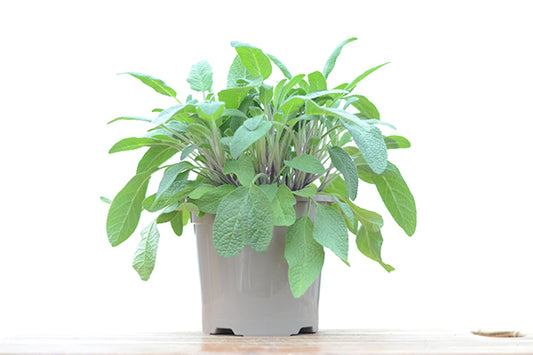
Tarragon
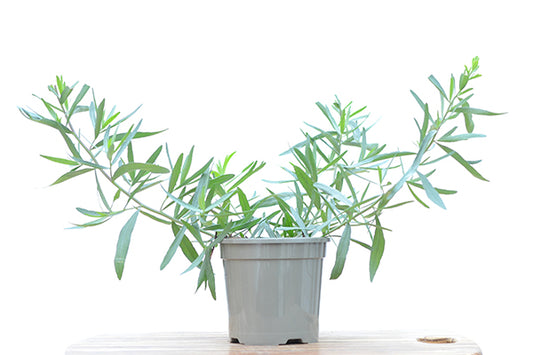
Thyme
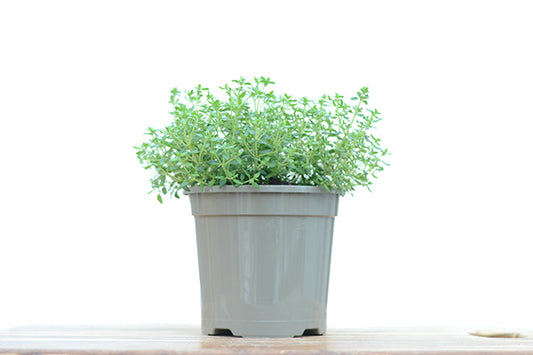
TAGS
Cooking Tips Herb HacksFresh herbs can lift any meal but sometimes the range of herbs out there can feel a little bit overwhelming. We’ve put together some of the basics for you to make it easier adding herbs to your meals.
Add whole herbs….
….like rosemary stems or bay leaves. Add these at the beginning of your cooking because it takes longer to draw out the flavour when they are whole. When chopped, the cells of the herb leaves are broken open which lets out the aroma. Chopped herbs are best added before serving.
Some herbs are referred to as “soft” herbs. These will be fresh (not dried) and include things like basil, coriander, chives, parsley, mint, dill and tarragon.
These should be added at the end of the cooking time to prevent the leaves breaking down and losing flavour. They have fleshy stems – make sure you use the stems in cooking. Try these with fish, pasta, mashed potato, raw in salads and as garnishes too.
“Hard” herbs include rosemary, thyme, sage and bay leaves. They retain their flavour and don’t fall apart so are best added near the beginning so the flavour is cooked into the dish. Their flavour infuses food as it cooks so try them in casseroles, soups, roast, risottos and traybakes.
Oregano is an exception – it’s soft but behaves like a hard herb. Try cooking it in tomato sauce; either put stems in whole (and remove before serving) or strip the leaves off the stem. The best way to do this is to pinch the stem near the top with the fingers of one hand then run the fingers of your other hand down the length of the stem from top to bottom.
Another suggestion is to try rosemary stems as skewers in roast meat, potatoes or on BBQs to add flavour! Bruise the leaves (use the back of a spoon or a pestle and mortar) to release oils and release more flavour during cooking.
Below, we’ve put together a few pairings to get you started but don’t be afraid to experiment yourself!
Basil: a classic Italian herb goes which goes with Italian dishes, think pasta, pizza, risotto, tomato salads or as a base for pesto. Great additions are balsamic, garlic, tomatoes, seafood and strawberries.
Chives: the mild onion flavour goes well with eggs, potatoes or cheese.
Oregano: works best with tomato or lamb.
Parsley: Flat Leaf Parsley has a slightly deeper flavour that Curly Parsley – it goes will with roast meat, potatoes, eggs, cream salad, stocks and sauces.
Mint: excellent with peas, lamb, curry, fruit and infused in hot water for tea.
Rosemary: roast meat, soups, stews, roast potatoes and roast veg.
Thyme: chicken dishes, risottos, stews & casseroles and with honey in roast veg.
Sage: great with pork, cream sauces, onion, apple, mash or try it fried in olive oil as a garnish.
Coriander: pairs well with curries, Asian food and Mexican food including avocado.
Dill: try it with fish, potatoes, beetroot, sour cream dressings and also with fennel.
Tarragon: give it a go with chicken dishes and cream sauces but make sure you use lightly as it has strong flavour.
Lavender: loved by bakers! Try steeping dried lavender flowers in hot water for 5 minutes, then straining, and add the lavender water to icing sugar for a lightly lavender flavoured icing perfect for sponges.
Drinks: bruise a stem of rosemary and add to gin, load your Pimms with fresh mint leaves or a sprig of lavender in lemonade. Have you got some innovative suggestions? What have you tried and loved? Why not let us know your favourites by commenting below.
Related News
-

Lemon Rosemary Chicken Recipe
Whether you're a seasoned cook or a beginner in the kitchen, this lemon rosemary chicken recipe is a simple yet delicious dish that will please your taste buds and impress...
-

Discovering Mint: A Guide to 5 Types and Their Uses
The magic of Mint plants lies in their myriad possibilities. Whether you're an experienced chef exploring flavour fusions, an enthusiast seeking holistic well-being, or a landscaper looking to decorate their...
-

Indoor Herb Pot Inspiration for Your Kitchen
Beyond the practicality of having readily available fresh ingredients, herb pots can introduce a dash of nature into your culinary sanctuary. Here are some ideas on how to make your own kitchen herb garden...
-

Perennial Herbs: The Eternals of Your Herb Garden
Are you looking to liven up your home cooking with fresh, aromatic herbs all year round? A key to achieving this is knowing your perennial herbs, the stars of the...
ASSOCIATED PRODUCTS
-
Basil
5.0 / 5.0
(1) 1 total reviews
Regular price £6.00Regular priceUnit price / per Sold out
Sold out -
Chives
Regular price £6.00Regular priceUnit price / per Sold out
Sold out -
Coriander
Regular price £6.00Regular priceUnit price / per Sold out
Sold out -
Mint
Regular price £6.00Regular priceUnit price / per Sold out
Sold out -
Oregano
Regular price £6.00Regular priceUnit price / per Sold out
Sold out -
Parsley
Regular price £6.00Regular priceUnit price / per Sold out
Sold out -
Rosemary
5.0 / 5.0
(1) 1 total reviews
Regular price £6.00Regular priceUnit price / per
-
Sage
Regular price £6.00Regular priceUnit price / per Sold out
Sold out -
Tarragon
Regular price £6.00Regular priceUnit price / per Sold out
Sold out -
Thyme
Regular price £6.00Regular priceUnit price / per Sold out
Sold out
- Choosing a selection results in a full page refresh.




